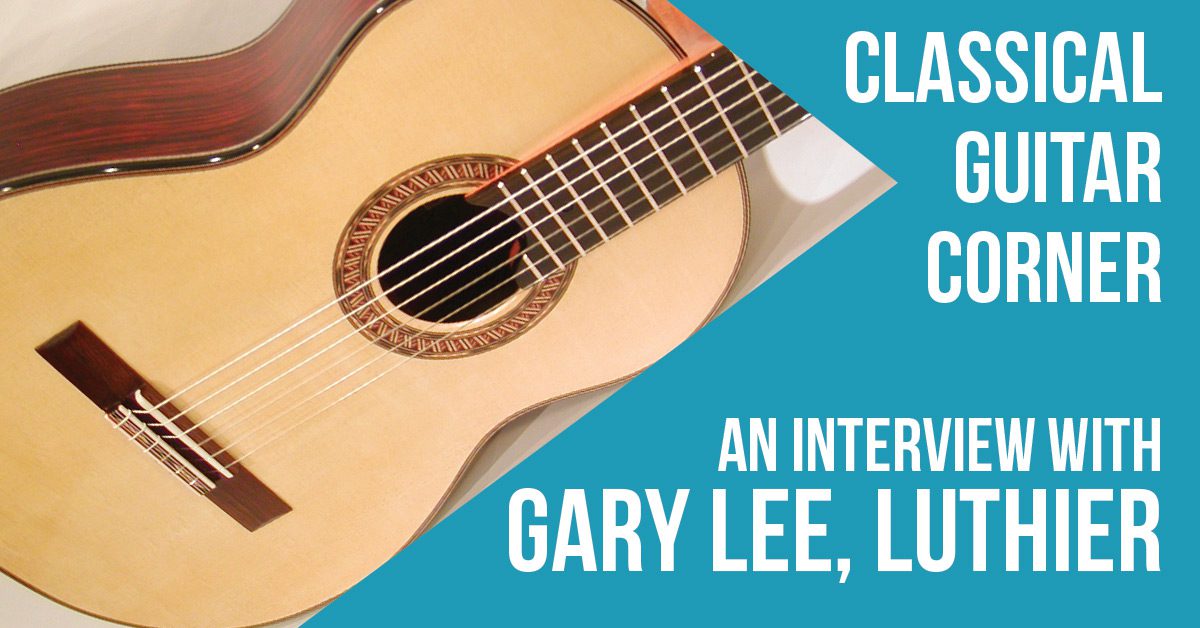Podcast: Play in new window | Download
Subscribe: Apple Podcasts | RSS
Part two of my conversation with master luthier Gary Lee. In this session we talk about a whole variety of topics that were submitted by members from the site. Strings, scale length, tuning machines, sound ports, bevels… you name it we talked about it!
Many thanks to Gary Lee for bringing his vast knowledge and clear communication to the CGC Podcast.
You can find out more about Gary’s instruments here:
http://www.leeguitarworks.com/


Strings: I was wondering why string manufacturers have been unable to produce bass strings without the annoying ‘zipping’ noise associated with position changes. I realize that part of this is technique, but it would seem to me that a smoother string, like the nylon trebles, would eliminate this problem.
Would a softer metal, or even a metal bass string which has been ‘filed’ flat go a long way towards achieving this?
Any developments on the horizon in this area?
Hi Paul,
Great question. Many string companies do offer something called “polished” basses where the basses are grinded down to make a smoother surface. This reduces the noise and is great for recording purposes, however, they “die” or lose their sound quality even quicker than normal basses. They are expensive too, so people usually save them for recording purposes.
Cheers,
Simon
Dear Paul,
You have a great question that makes a lot of sense. One day if we ever get materials that can do that, it will be a real game changer. Until then, Simon’s suggestion is the next best thing, in addition to flat-wound strings, which typically lack power and definition in sound.
As you know, the reason why we have wound bass strings is to increase the density of the string in order to support low pitches. But why round-wound as opposed to flat-wound? While I’m not a string engineer, I believe it has to do with round wires’ ability to maintain reasonable flexibility. Without edges of winding to catch each other and create friction, the string is freer to move. Why is high flexibility important? Because the higher the stiffness, the more the string introduces errors in intonation. In effect, the string behaves as if it’s shorter than it actually is and luthiers have to add distance to the string length to correct for the intonation errors. This is called “compensation” and is accomplished by positioning the saddle (and thus bridge) farther away from the frets than is mathematically correct.
All the best,
Gary
Great podcast and discussion with Gary Lee providing the relaxed time and depth to properly explain lots of fascinating bits about the luthier’s art and detailed answers to the questions many of us raised.
Thoroughly enjoyable :)
What a terrific sounding guitar. Wow.